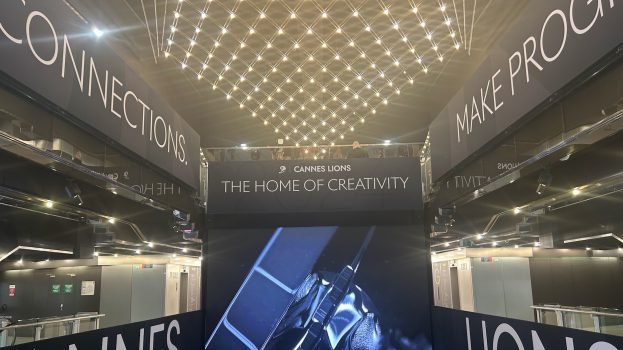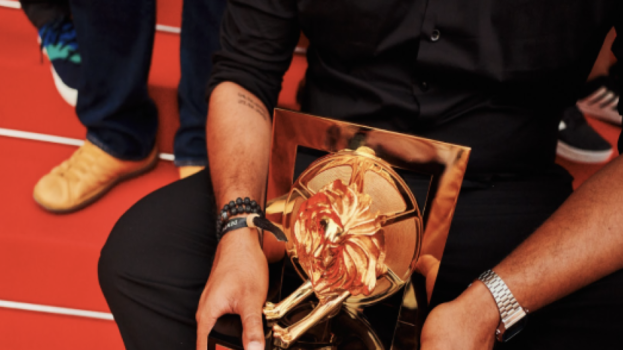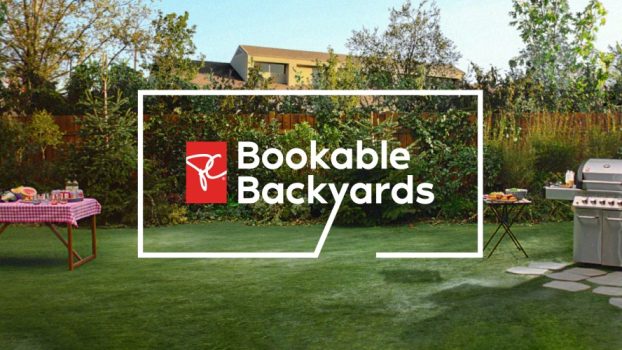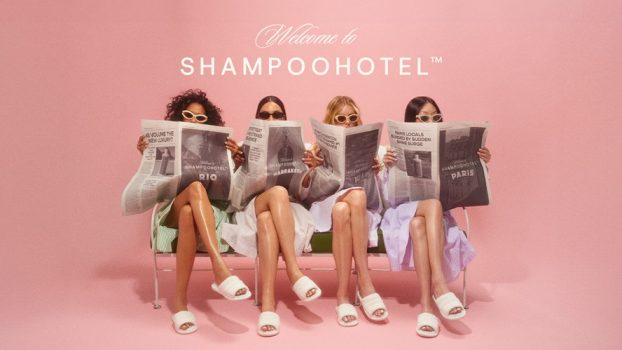The Sustainable Development Goals category at Cannes Lions was established to award campaigns that best contributed to the goals in the U.N.’s 2030 Agenda for Sustainable Development.
During a press conference announcing this year’s Grand Prix, jury president David Droga spoke at length about how winning work needed to be scaleable and have long-term impact beyond the end of a campaign, a refreshing and differentiating approach during a year when one-off, purpose-led campaigns were showered with Lion wins.
But then Droga added: “you know, those protesters on the beach, they have no idea about the actual brain collective and momentum that we are creating as an industry.”
And you were doing so well, David.
Droga was referring to Extinction Rebellion, an environmental activist group – which claims to have many members who are ad industry veterans – that spent the week protesting with things like unfurling a banner that read “tell the truth” in bold letters, demonstrating on the steps of the Palais during an awards ceremony or bringing their protest directly to Facebook’s beach, actions that resulted in the arrests of more than a dozen people.
But the group was trying to convince the ad industry to use its talents to find solutions for climate change that go beyond getting rid of plastic straws and “doing some pro-bono for an anti-palm oil initiative,” according to an open letter it released in May. While ER is not a perfect organization, its message should be right at home at Cannes Lions, where the ability of creativity to do good is constantly on the lips of attendees representing the leading thinking in the industry. But one of the first things those attendees saw upon arriving at Cannes shows that the industry could benefit from putting a little bit more thought into “doing good.”
A glass water bottle designed by Closca and provided by Deloitte Digital was the lone object included in delegate bags this year, part of a highly publicized effort to make Cannes Lions more sustainable.
While a marked improvement on the library of guides, magazines and flyers previously found in the bags (which are now made of fully biodegradable material), the bottle came in a cardboard box. While the box itself was recyclable, the same can not be said for thick card stock wrapped around it explaining how to use an accompanying app to track the amount of plastic bottles you’ve saved and give yourself a pat on the back. Even if you remove the wrap, the box still can’t be recycled, because of the glue used for an unnecessary sticker informing people what colour the bottle inside is, as well as a black elastic strap that was somehow required to hold the box shut.
Including even fully recyclable goods is an issue for a festival looking to promote sustainability, when the global recycling system is facing a crisis and is seen as a flawed way to reduce the production of disposable materials and eliminate waste ending up in the world’s landfills and oceans.
Across many of the big issues being discussed at Cannes this year, many positive steps were mixed with signs that the industry needs to commit to more in-depth, nuanced thought and research on the issues it is trying to address.
There was a noticeable dip in the number of panels that seemed more concerned with working around data regulations than genuinely respecting consumer privacy. The Creative Data Lions jury was specifically looking to recognize work that was mindful of consumer concerns about ethical data collection. And numerous panels tackled not just how to use AI to unlock creative opportunities, but how to approach the technology responsibly.
But turn your head, and you saw “Dali Lives,” a video of Salvador Dali taking selfies and telling stories about his life. It was created by agency GS&P using “deep fake” technology, in which AI is used to create hyper realistic videos of real people doing and saying things they never did. Beyond the widely expressed concerns about the damage this technology could have when it is applied to public figures or world leaders, Karen Howe pointed out how unsettling it was to see “Dali Lives” at a conference where trust in the press and media was championed in an era of misinformation.
Turn your head again, and you saw news that a panel with former Cambridge Analytica CEO Alexander Nix didn’t end up happening, but that was because Nix himself backed out. And the question remains: why did Cannes Lions think it was a good idea to book someone behind one of the biggest data collection scandals the industry has seen to date in the first place?
When it came to diversity and inclusion, there seems to be more of an effort to get a bit deeper than token representation in ads and inside agency offices, with words like “intersectional” and “toxic masculinity” being thrown around. But one session about how an agency managed to make its hiring more diverse still featured an all-white panel. Transgender activist Charlie Craggs pointed out how, even though representation of queer people in ads was improving, much of it was of the “two cute guys kissing under a Pride flag” variety, and told anecdotes about how crews on-set of ads she was cast in still misgendered her.
On the one hand, it can be hard to hold the shortfalls against people working in advertising. With new issues to tackle emerging every day, the volume of concerns to address means more evolved and aware ways of thinking are slow to spread into the mainstream, and the people behind these campaigns and sessions genuinely seem to want to do good with the knowledge they have available.
But then again, these are the same industry execs who spent the week trumpeting the power of creativity to address the world’s issues and have a positive impact on society. They can’t have it both ways. If you are going to command a leadership position on these issues, you need to do the research and be aware of the nuances. You need to put aside the ego that is telling you that you know best and really listen to groups telling you that you aren’t doing enough, or are doing it wrong – even if that means reckoning with the fact that your brand or client might be doing more harm than good.
Taking two steps forward and one step back will get you where you need to be, eventually. But when it comes to some issues, we might not have that much time.
























